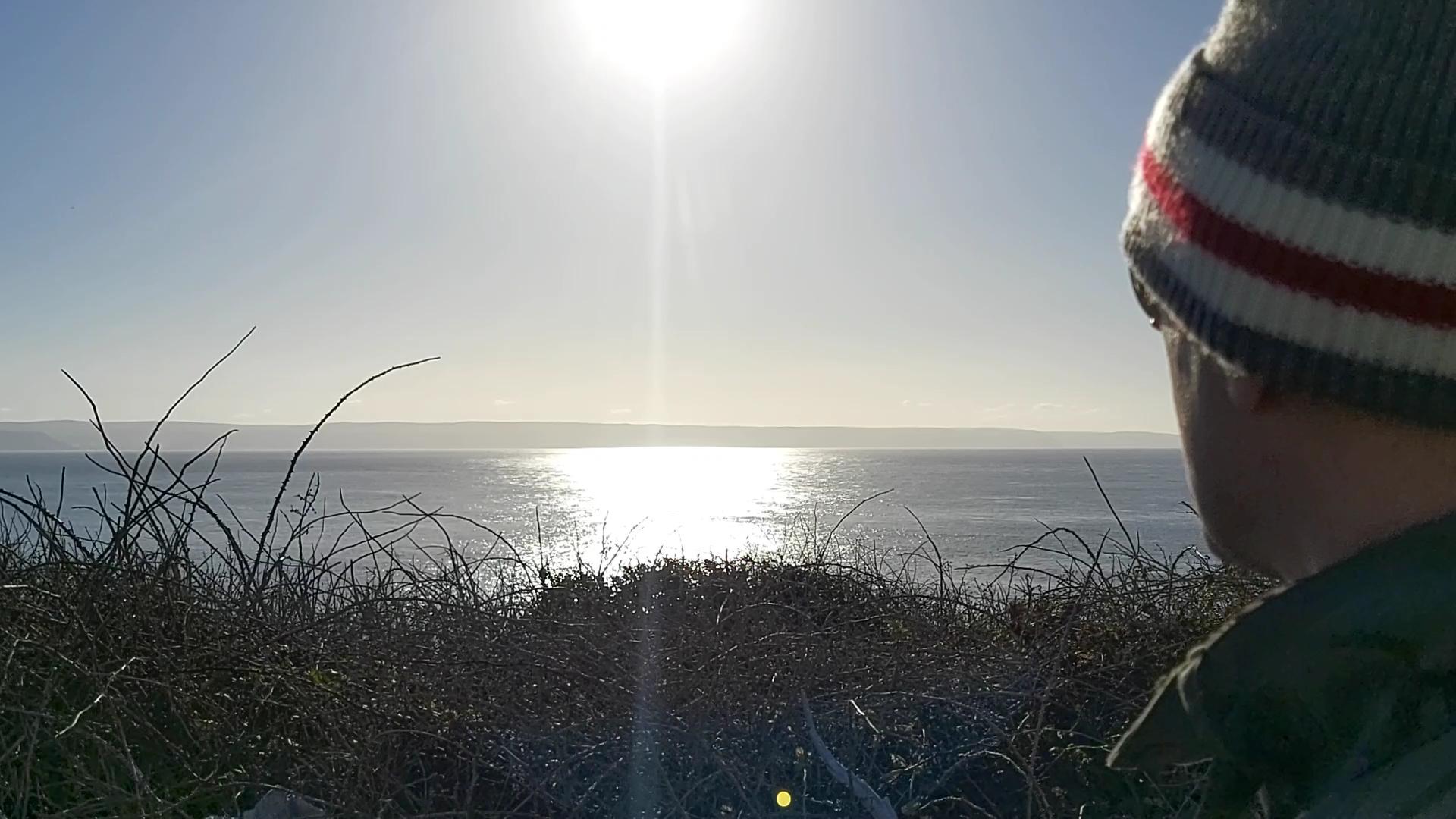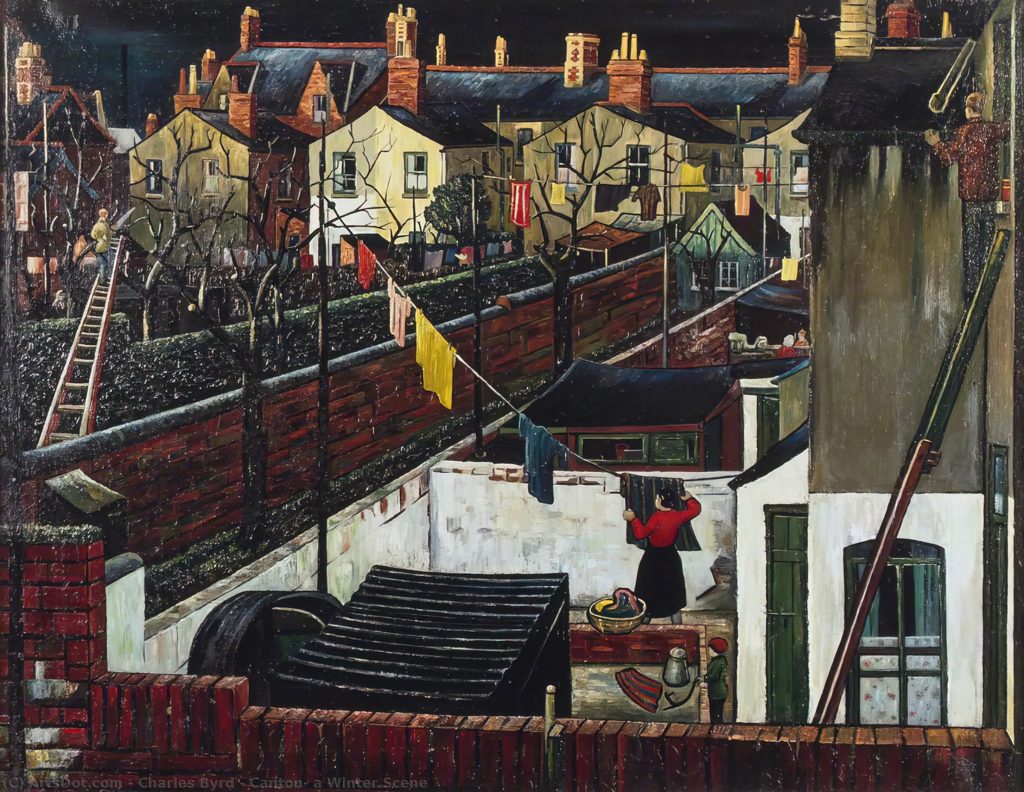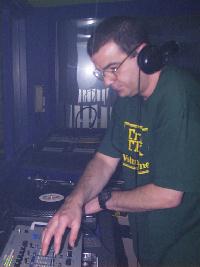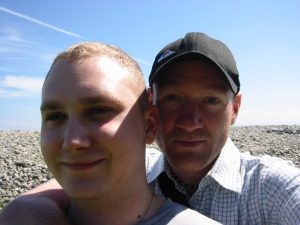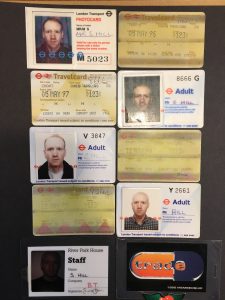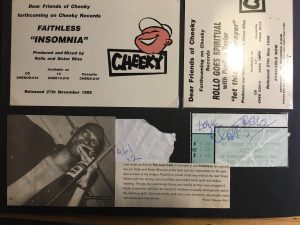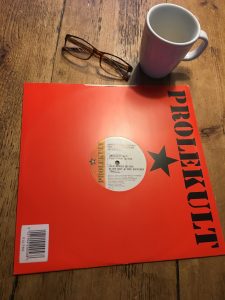I got dragged back into my amygdala this week. Kicking and screaming, which is a good thing because it means I recognised it immediately. I managed to drag myself back out quick sharp. While I was there, I wanted to curl up and hide. Being able to consciously bring myself back out was the most liberating thing I’ve done in a long time.
In practical terms, what this means is the following sequence of events. D wore his brother’s clothes without asking (the natural consequence of D not doing his own laundry is that he has no clean clothes; the behaviour this drives is taking his brother’s clothes). His brother spotted this, alerted me, and after a phone call from me, D returned and changed. On leaving the house, his brother spotted that D had actually swapped one pair of foot wear for another that wasn’t his. Another phone call, but this time, clearly frustrated by a further interruption to his planned adventures, D refused to return and ignored my phone calls. At this stage, my red mist descended and I blocked D’s phone, justifying it to myself that there is no point me paying for a phone that doesn’t serve my purpose. I was well and truly engulfed in red mist: seething with rage and hitting out with punitive retaliation.
Here is the turning point. Within 30 minutes, a growing feeling of regret began to outweigh my rage, and a calm voice starting asking me three things: was I happy severing this vital means of emergency communication with one of my sons; what example did my behaviour set; what behaviour would it drive in my son as a result? I reversed the changes before anyone noticed. Even though it felt I was giving something up, I could feel a stronger sense of relief. I was out of my amygdala, I could breathe, and I could get on with other things.
Two hours later, D called me to apologise for missing my calls and explained that he’d returned his brother’s shoes and sorted things out with him.
This is a major development for me. I can’t remember the last time my red mist stifled me, which in itself is good, but more importantly, for the first time, I got myself out before any damage was done.
So this morning I’m over the moon with myself for parenting therapeutically more than I have ever, in my humble opinion (pats self on the back). The boys argued over a job this morning. One beat the other to it. In the process of the argument taking place between the front garden and a bedroom window, I learned that D has been using the bathroom window and porch roof to come and go as he pleases during the early hours of the mornings. I didn’t respond, but continued on my dog walk and used the walk to think things through.
The immediate natural consequence of D’s action is a risk to his safety. The porch roof is not designed to be an exit point. I would rather he wake me if he needs to leave the house. An inconvenience for us both, but safer for him and not as much hassle for me as fixing the porch roof when it’s damaged. I will lock the bathroom window at night in future to remove this risk. I called D and explained this from a position of genuine care, and he responded calmly and without any feeling of threat.
Maybe having to wake me up will make D think twice about this, or he will plan his nights better. I make no apology for this compromise. Our framework of safety, security and nurture says that we should all be in our beds at night, and that hasn’t changed. But nearing the age of eighteen, we flex around the framework to minimise risks from driving unintended behaviours, and we are open and honest about it. The expectation is there, but the battles are carefully chosen and the risks weighed up.
On reflection, the scripts from early childhood are still there, whatever you want to call them. Theft? Absconding? Deceit? We know about the scripts. Borrowing because they don’t have things. Taking to survive. Warped versions of reality. Disassociation: “It wasn’t me, really it wasn’t. I saw it happen, it wasn’t me.” The scripts are much more manageable when they operate on teenage things like foot wear, being out with friends and jobs, although I wonder if the scripts are here for life.
